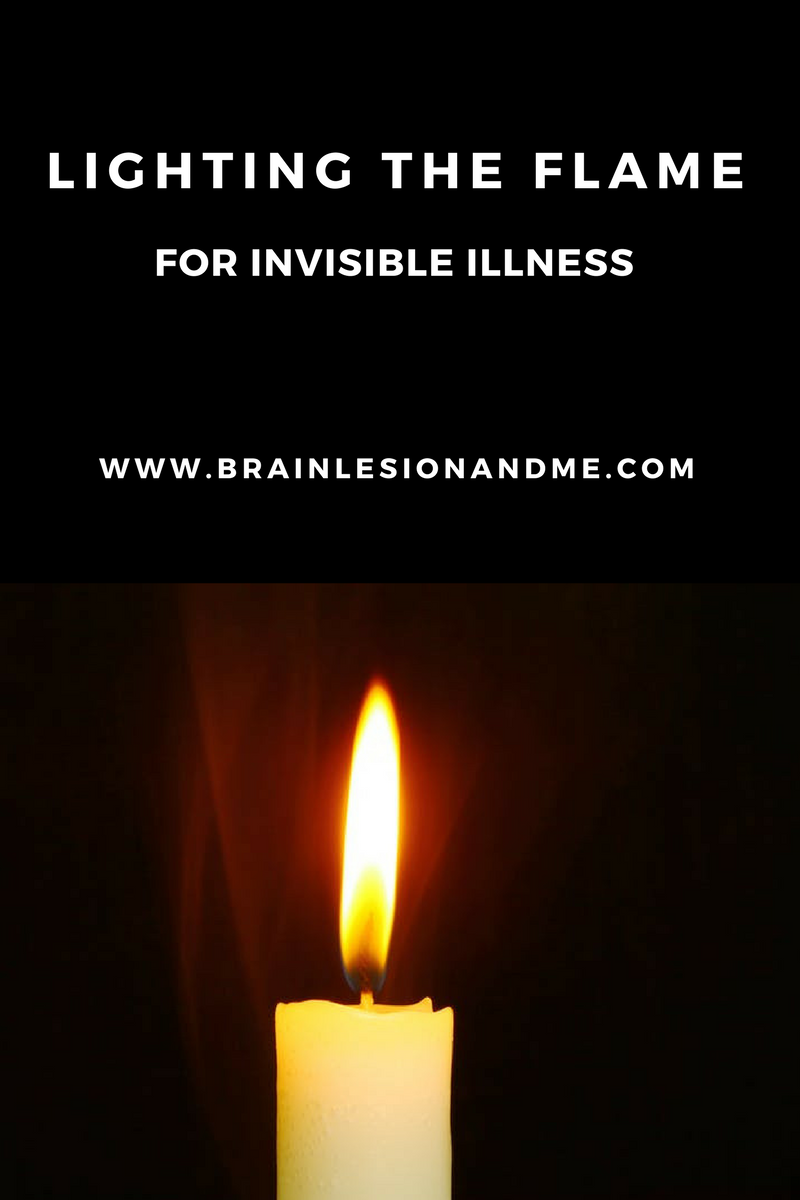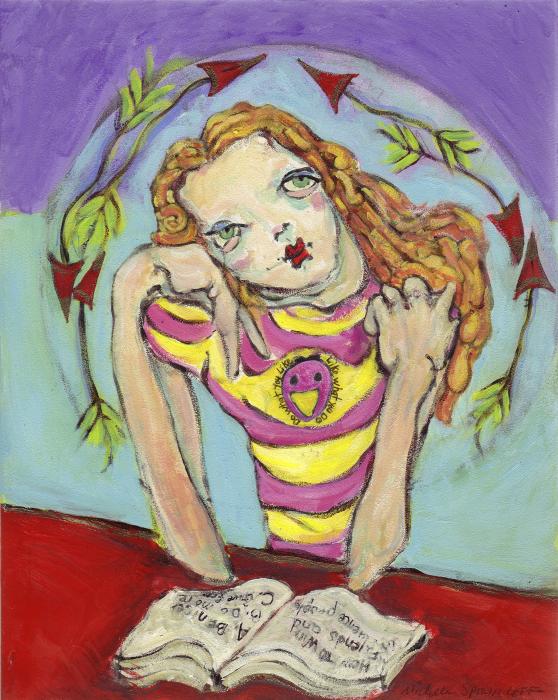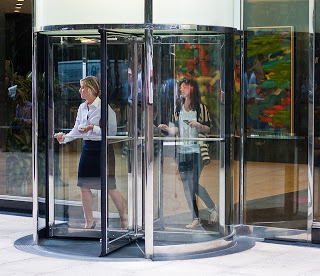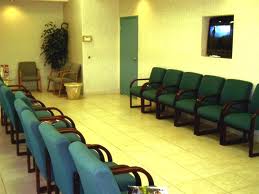A friend of mine, a lovely woman whom I connected with through this blog, recently asked me to take part in an awareness campaign to shed light on invisible illnesses and the debilitating effects that they can have on the lives of those affected.
We found each other as we both share a diagnosis of Functional Neurological Disorder (FND). This is a disorder which is a result of a problem, often of an unknown origin, of the central nervous system whereby the brain fails to send or receive messages correctly. As the brain controls all of our bodily functions, the list of potential symptoms is extensive and no two people with this condition will exhibit the same symptoms.

In many ways, there are many unknowns to this condition, but as I have and continue to experience the symptoms can be wide-ranging and debilitating. Also in both of our experiences living with such an invisible illness can be difficult and isolating as the effects of such conditions cannot be seen. As a result, my friend Harmoni Shakti wants to shine a light on these conditions to start new and meaningful conversations between loved ones, friends, colleagues and even strangers. By doing so, Harmoni hopes that all of us can start to converse, start more meaningful and truthful connections so we can better help each other through the tough times that these illnesses can bring.
Harmoni has therefore asked to help ‘light the flame’ on my own journey of life with a functional neurological disorder and my other neurological conditions to help raise awareness that has already been featured on her social media pages and given me permission to also publish on here my own blog. Do you live with an invisible illness? Why don’t you also light a flame and share your own story with Harmoni and the rest of the world? Details to get in touch with Harmoni and all of her social media pages can be found at the bottom of the page.
Imagine growing up never fitting in.
Constantly feeling like you are always on the sidelines.
That’s what life felt like for me growing up. Experiencing symptoms such as dizziness and weird sensation in the legs which no one else in my peer group seemed to experience. It set me apart from everyone else.
Encountering such symptoms and not being able to describe what I was going through sufficiently to the appropriate medical professionals during many appointments over many years. As a result, I felt incredibly alone and isolated from friends and family.
It continued for many years, dizziness and pain in my legs following me through secondary school and later university.
These symptoms and new ones including severe weakness in the legs, often resulting in them giving away on me and me on the ground unable to stand or walk. Visual disturbances, which I often experienced during childhood and was thought to be related to my short-sightedness were added to the growing list of symptoms that had become my life. With all of these symptoms, I was and continue to be unable to leave the house unaided because of the symptoms and the effect that it has on my life (i.e., the falls and being unable to get back up, especially as there are no warning signs before it occurs).
And as the symptoms worsened and became constant I felt that I became shackled to them; imprisoned to my home because of persistent and incapacitating symptoms. Left unable to work or participate in society.
I and my symptoms have stumped all of the doctors and consultants whom I’ve seen over the years; unable to find a name for what I am experiencing. As a result, I was referred to see a consultant in London. He concluded after numerous tests and reviewing my extensive medical history that several co-morbid conditions were going on; something that happened at birth or a genetic disorder causing a long-standing neurological condition which resulted in functional symptoms, or a functional neurological condition (FND).
If we think of the brain as a computer, neurological conditions such as MS or Parkinson’s Disease are as a result of a hardware problem (damage to the brain observed by an MRI scan) however often people like me can develop symptoms that have no apparent cause or damage to the brain. In this instance, there is a software problem in which the brain for some reason fails to send or receive messages correctly.
Functional Neurological Condition, like many others, is invisible. Living with an invisible illness can be incredibly lonely as no one else can see the pain and other debilitating symptoms. They think we are just like them and cannot understand the problems that we are experiencing at that particular time. Others cannot see what we are experiencing which is why we should help shine the light on invisible illnesses and the effects that they can have on the individual.
I am lighting a flame for invisible illness and for those who are affected.
[Tweet “I am lighting a flame for invisible illness and for those who are affected #lightingtheflame”]
To connect with Harmoni and to help with her mission to shine a light on the effects of invisible illnesses, you can connect with her on her following social media accounts:
Facebook Twitter Instagram
You can also share your story by using #lightingtheflame




